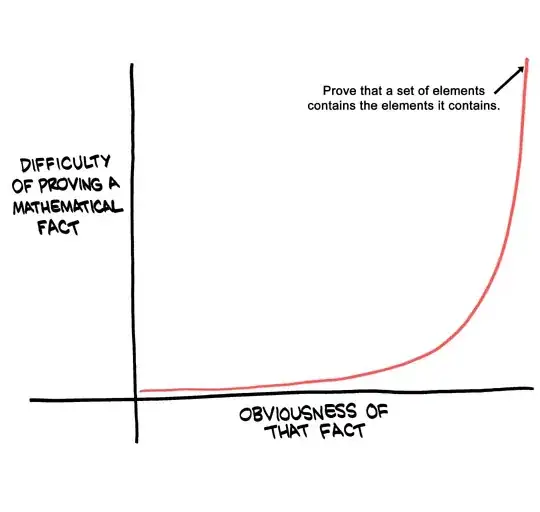Looking through the webcomic, I came across one of my favorite comics:

(from Saturday Morning Breakfast Cereal)
It seems that people have an ongoing interest in results in mathematics that are true, but highly unintuitive, like the Banach-Tarski Paradox. However, what results are there that are seemingly obvious and intuitive, but difficult to prove (or perhaps have non-obvious intricacies)?
I feel that such examples are important for helping people understand the necessity of rigor or that seemingly obvious results are not at all obvious from a mathematical perspective.
(Personally, I don't feel that 'simple' number theory conjectures/results like the ABC conjecture fall under this category, because while simple to state, they are often very removed from reality.)